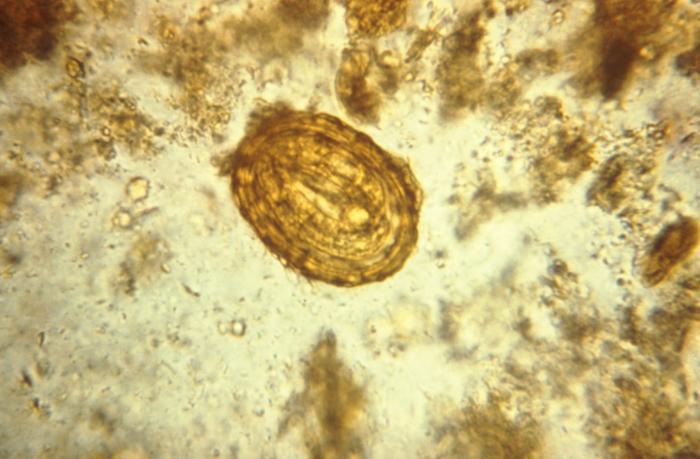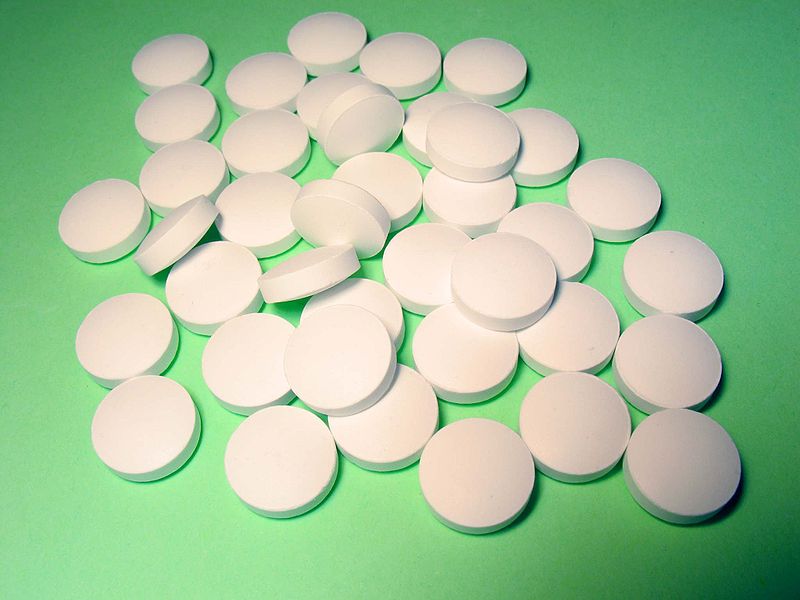Hepatitis is the inflammation of liver cells, caused by drugs, toxins, organisms. A number of viruses are more prone to … Read More »
Anti Retroviral Agents (HAART) -Highly Active Antiretroviral Therapy
Highly active antiretroviral therapy is initiated for decreasing mortality relating to HIV. HIV HIV leads to chronic persistant infection with … Read More »
Anti Influenza Agents
Influenza can be type A, B or C depending upon type. Influenza A and B are more common. Effective drugs … Read More »
DNA Polymerase Inhibitors
Agents To Treat HSV & VZV Infections Acyclovir (Zovirax) Inhibit DNA polymerase enzyme. Chemically acyclic guanosine derivative. Active against HSV-1 … Read More »
Anti Viral Drugs
Viruses are the intracellular parasites that depend on synthetic processes of host cells. They cannot be grown on ordinary medium. … Read More »
Anti Fungal Drugs -Azoles, Echinocandins, Allylamines and Flucytosine
Flucytosine Discovered in 1957, a group of scientists working on anti-neoplastic drugs established it to have anti-fungal properties. Chemistry Fluorinated … Read More »
Antibiotics Used Against Fungi -Amphotericin B, Griseofulvin and Nystatin
Amphotericin B Source Antibiotic obtained from Streptomyces nodosus. Amphotericin A –no therapeutic application Amphotericin B –broader activity, antifungal Chemistry 7 … Read More »
Anti Fungal Drugs
Fungi constitute an important group of eukaryotic organisms ranging from unicellular to multicellular organisms, such as yeasts, molds, mushrooms, etc. … Read More »
Drug Treatment of Leprosy
Drugs Used for leprosy Dapsone Rifampicin Clofazimine Treatment of leprosy Initial phase -6-12 month Dapsone 50 – 100mg o.d Clofazimine … Read More »
Drug Treatment of Tuberculosis
Tuberculosis is a chronic disease caused by mycobacteria, which are acid fast bacilli, once stained by basic dyes, cannot be … Read More »
 howMed Know Yourself
howMed Know Yourself




